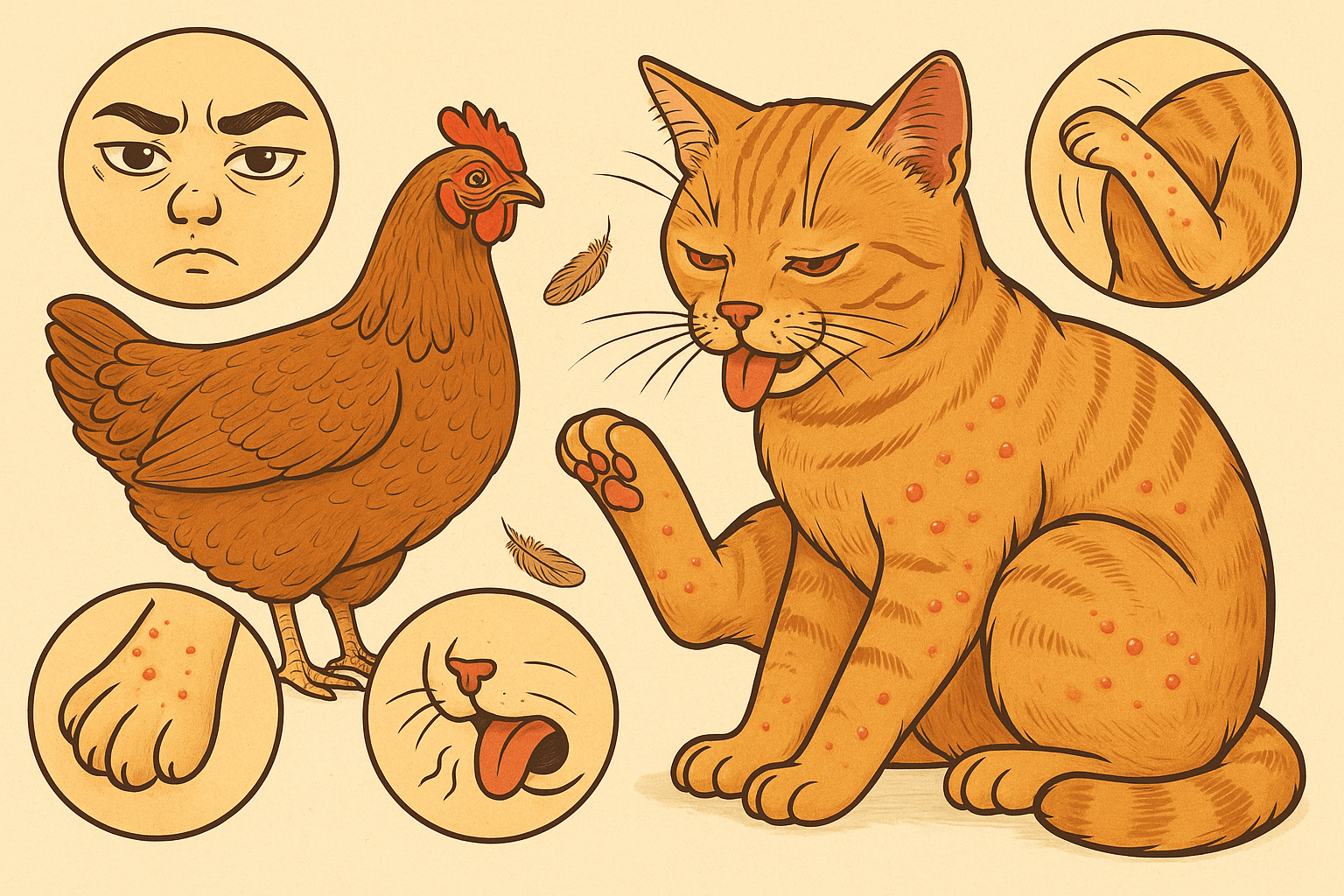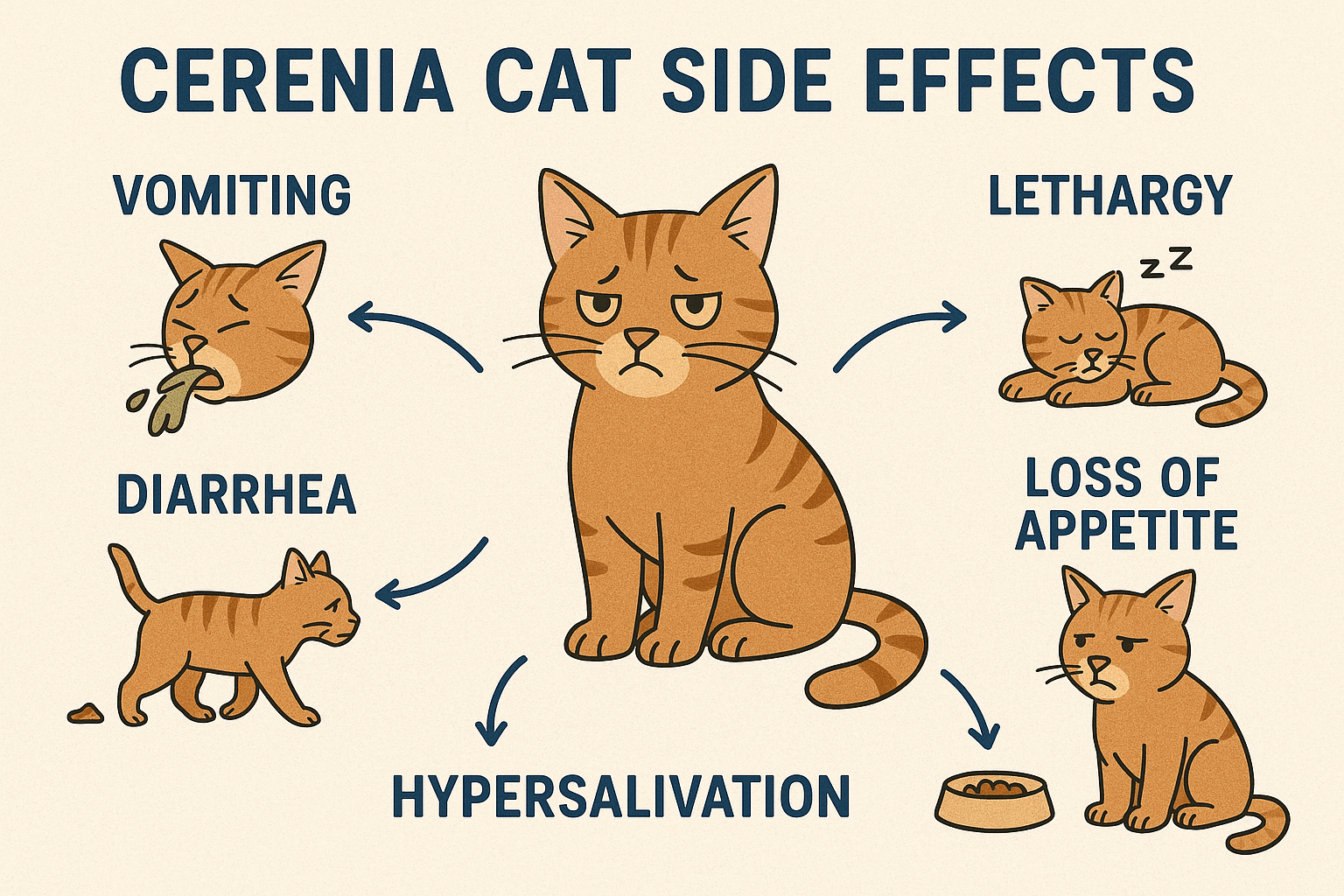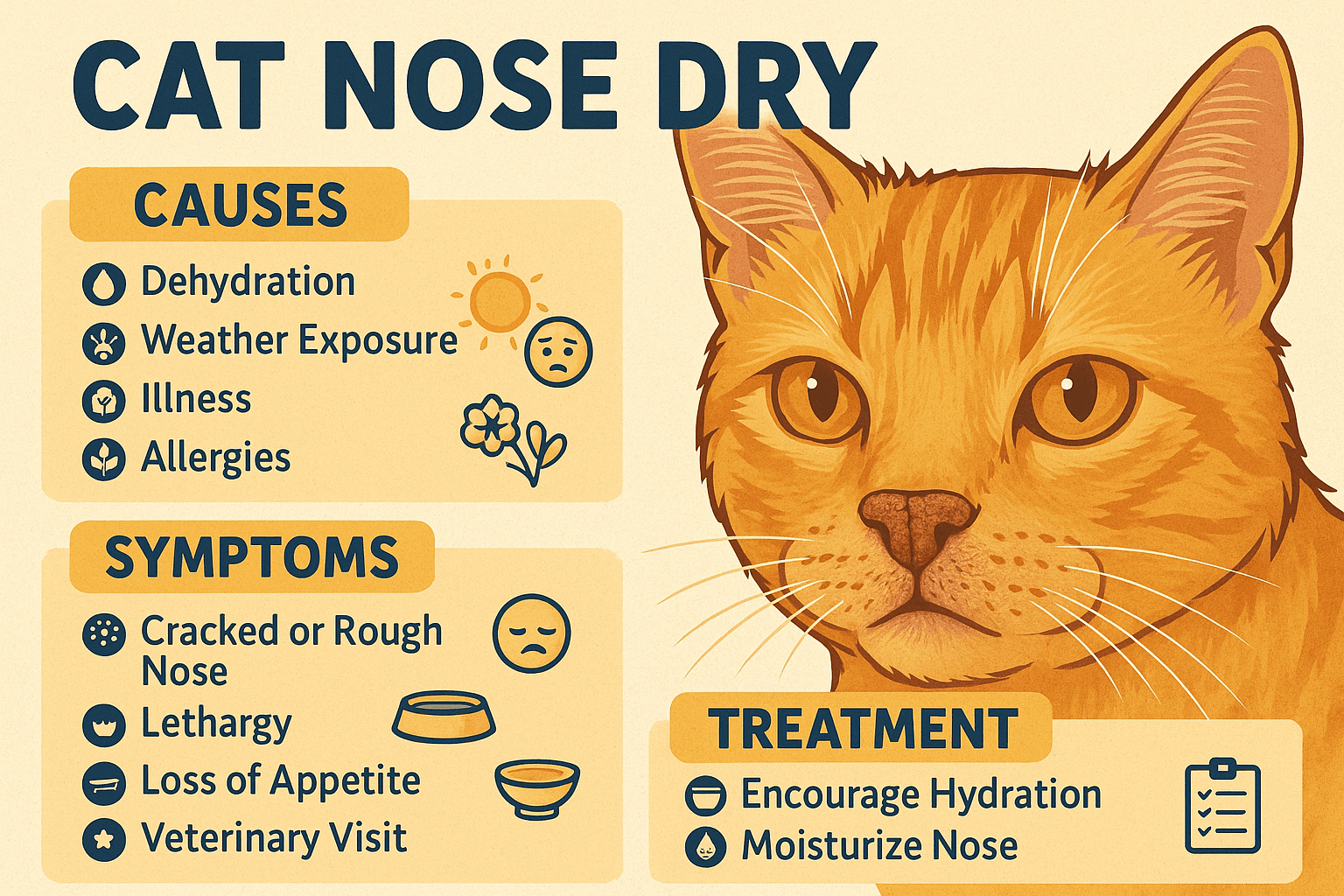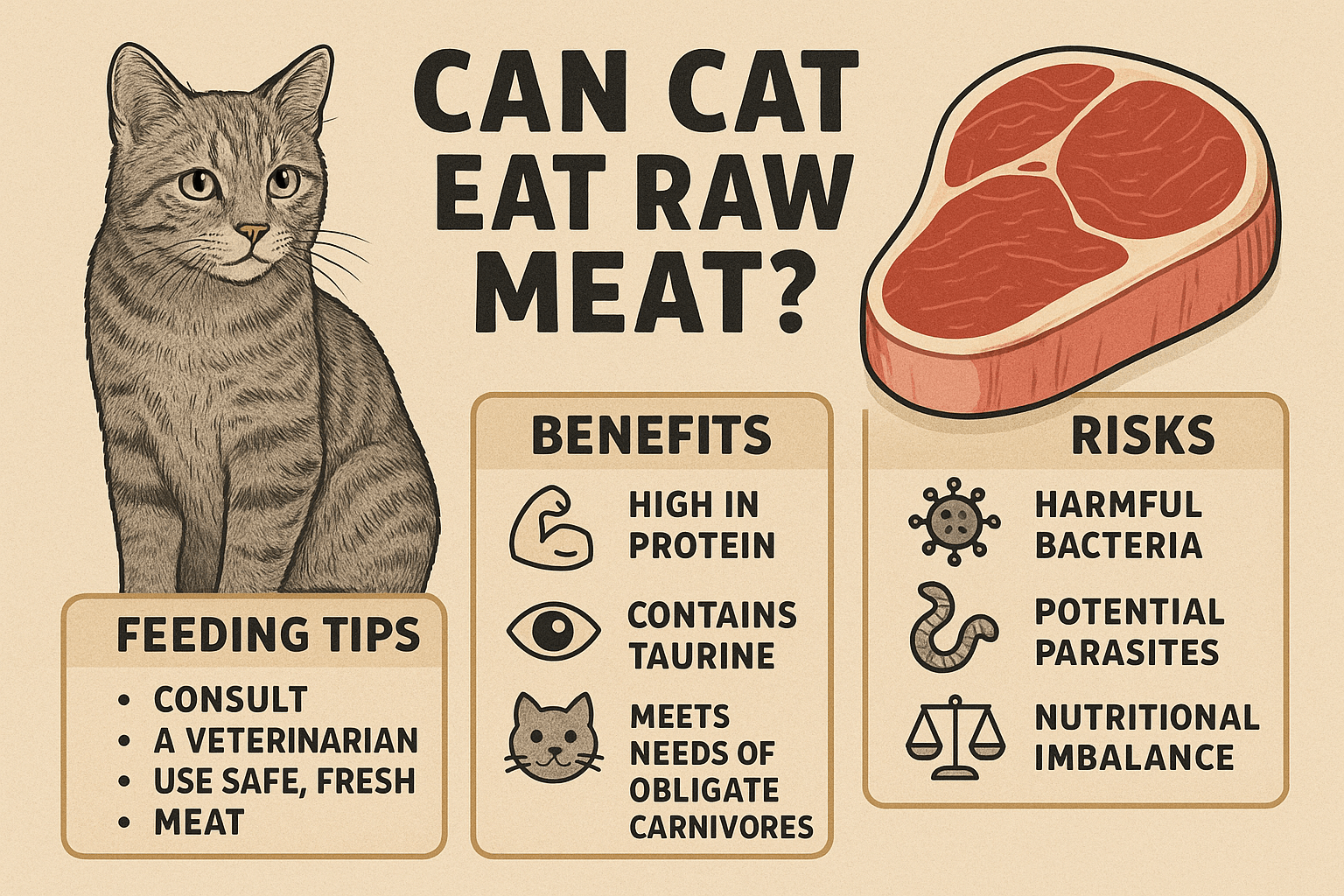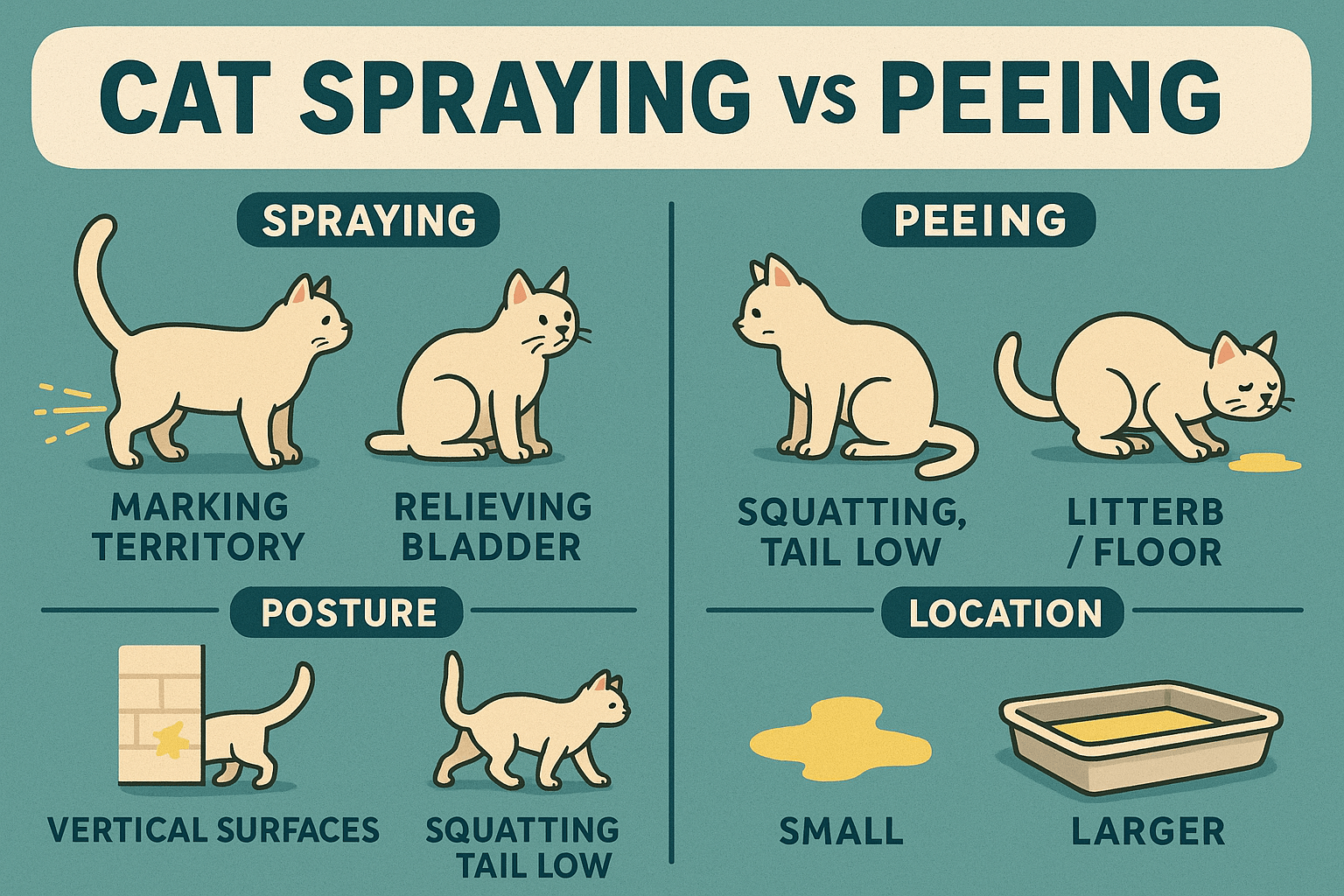Cat Chicken Allergy: Understanding and Managing This Common Issue
Food allergies in cats are more common than many pet owners realize, and chicken is one of the most frequent culprits. While chicken is often considered a staple protein in cat food, some felines develop sensitivities or allergies to it, leading to uncomfortable symptoms like itching, digestive issues, or skin problems. If you suspect your cat has a chicken allergy, understanding the signs, causes, and solutions is essential for their well-being. In this blog post, we’ll explore everything you need to know about cat chicken allergies, including how to identify them, manage symptoms, and provide your furry friend with a healthy, balanced diet.
Signs Your Cat May Have a Chicken Allergy
Identifying a chicken allergy in your cat can be challenging, as the symptoms often overlap with other health issues. However, certain signs may indicate that your cat is reacting negatively to chicken in their diet.
Excessive Itching or Scratching:
Cats with food allergies often experience intense itching, particularly around the face, ears, and paws.Skin Irritation or Rashes:
Red, inflamed skin or scabs may appear due to persistent scratching or licking caused by an allergic reaction.Gastrointestinal Issues:
Vomiting, diarrhea, or frequent stomach upset can signal a food intolerance or allergy.Hair Loss or Bald Patches:
Over-grooming due to discomfort can lead to noticeable hair loss in affected areas.Chronic Ear Infections:
Recurrent ear infections or inflammation may indicate an underlying food allergy.
If your cat exhibits any of these symptoms, it’s important to consult your veterinarian to determine whether a chicken allergy could be the cause.
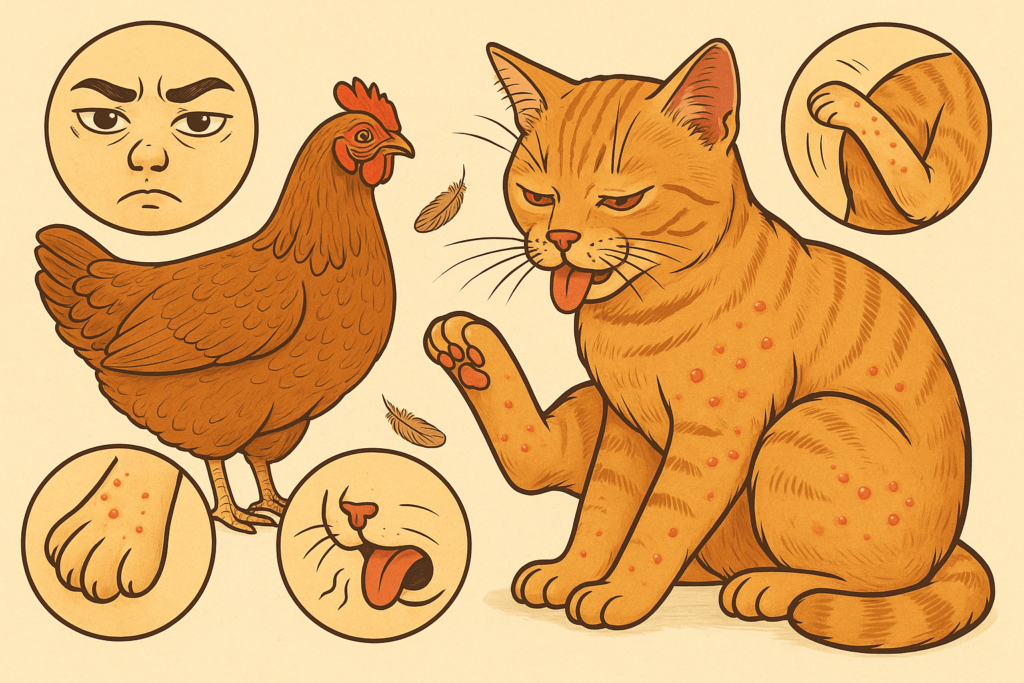
Steps to Diagnose a Chicken Allergy in Cats
Diagnosing a chicken allergy requires careful observation and collaboration with your veterinarian. Here’s how you can work together to pinpoint the issue.
Elimination Diet Trial:
Remove all sources of chicken from your cat’s diet and replace them with novel proteins like duck, rabbit, or venison for several weeks.Monitor Symptoms Closely:
Track changes in your cat’s behavior, skin condition, and digestion during the elimination period to identify improvements.Reintroduce Chicken Gradually:
After the trial, reintroduce chicken to see if symptoms return. A recurrence confirms the allergy.Rule Out Environmental Allergies:
Work with your vet to ensure symptoms aren’t caused by environmental factors like pollen, dust, or mold.Consider Blood or Skin Tests:
While not always definitive, allergy testing can provide additional insights into potential food sensitivities.
A systematic approach ensures an accurate diagnosis, allowing you to address the root cause of your cat’s discomfort effectively.
Check this guide 👉Cat Allergy Diet: Best 7 Expert Tips!
Check this guide 👉Can Cats Eat Chicken Feet? Best 7 Expert Tips!
Check this guide 👉Can Cats Eat Raw Chicken Liver? Best 7 Expert Tips!
Symptoms of Chicken Allergy | Possible Substitutes for Chicken |
|---|---|
Excessive itching or scratching | Duck |
Skin irritation or rashes | Turkey |
Gastrointestinal issues | Rabbit |
Hair loss or bald patches | Venison |
Chronic ear infections | Fish (if no fish allergies) |
Managing a Cat’s Chicken Allergy Through Diet
Once diagnosed, managing your cat’s chicken allergy primarily involves dietary adjustments. Here are some practical steps to ensure your cat stays healthy and happy.
Choose High-Quality Limited Ingredient Diets (LID):
Opt for commercial cat foods labeled as limited ingredient diets, which contain fewer allergens and focus on novel proteins.Prepare Homemade Meals:
Cooking meals at home allows you to control ingredients completely, avoiding chicken and other potential allergens.Read Labels Carefully:
Check ingredient lists for hidden sources of chicken, such as chicken fat, broth, or by-products, which can trigger reactions.Introduce Supplements Gradually:
Add omega-3 fatty acids or probiotics to support skin health and digestion, but only after consulting your vet.Avoid Cross-Contamination:
Ensure feeding bowls, utensils, and surfaces are free from traces of chicken to prevent accidental exposure.
By implementing these strategies, you can create a safe and nutritious diet plan tailored to your cat’s needs.
Preventing Future Allergic Reactions in Your Cat
Prevention is key to keeping your cat comfortable and minimizing the risk of future allergic reactions. These tips can help you stay proactive.
Rotate Protein Sources Regularly:
Avoid over-reliance on a single protein source to reduce the likelihood of developing new allergies.Gradually Introduce New Foods:
When switching diets, introduce new ingredients slowly to monitor for adverse reactions.Maintain a Clean Environment:
Reduce exposure to environmental allergens that might exacerbate food-related symptoms.Schedule Regular Vet Check-Ups:
Routine veterinary visits help catch potential issues early and ensure your cat remains in good health.Keep a Food Diary:
Document what your cat eats daily to identify patterns or triggers quickly.
Taking preventive measures empowers you to manage your cat’s health effectively while fostering a strong bond through attentive care.
Common Misconceptions About Cat Allergies
Misunderstandings about cat allergies can lead to confusion and mismanagement. Clarifying these misconceptions helps you make informed decisions for your cat’s health.
Allergies Are Rare in Cats:
Contrary to popular belief, food allergies are relatively common among cats, especially those with sensitive systems.Only Certain Breeds Are Affected:
Any breed or mixed-breed cat can develop a food allergy, regardless of genetics.Changing Food Immediately Fixes the Problem:
Sudden dietary changes can upset a cat’s stomach; gradual transitions are safer and more effective.Allergies Go Away on Their Own:
Unlike temporary intolerances, true allergies typically require ongoing management and avoidance of triggers.Vaccines Cause Food Allergies:
There’s no scientific evidence linking vaccines to food allergies in cats.
Understanding these facts ensures you approach your cat’s allergy with clarity and confidence.
Benefits of Novel Proteins for Cats
Switching to novel proteins can significantly improve the quality of life for cats with chicken allergies. Here’s why these alternatives are worth considering.
Reduced Risk of Cross-Reactivity:
Novel proteins like duck or venison are less likely to trigger allergic reactions because cats haven’t been previously exposed to them.Improved Digestive Health:
Easily digestible proteins can alleviate gastrointestinal symptoms associated with food allergies.Enhanced Skin and Coat Condition:
High-quality novel proteins often contain nutrients that promote healthier skin and shinier coats.Increased Variety in Diet:
Incorporating diverse proteins prevents boredom and ensures a balanced intake of essential amino acids.Customizable for Individual Needs:
Novel proteins allow you to tailor your cat’s diet based on their specific preferences and nutritional requirements.
Novel proteins offer a versatile solution for managing food allergies while supporting overall feline wellness.
How to Transition Your Cat to a New Diet
Transitioning your cat to a new diet requires patience and planning to avoid upsetting their digestive system. Follow these steps for a smooth switch.
Start with a Small Proportion:
Mix a small amount of the new food with the old diet, gradually increasing the ratio over 7-10 days.Observe for Negative Reactions:
Watch for vomiting, diarrhea, or refusal to eat, which may indicate intolerance or dislike of the new food.Offer Treats from the New Diet:
Use treats made from the same novel protein to encourage acceptance and build positive associations.Be Consistent with Feeding Times:
Stick to regular meal schedules to establish routine and reduce stress during the transition.Consult Your Vet for Guidance:
If challenges arise, seek professional advice to adjust the plan or explore alternative options.
A thoughtful transition minimizes stress and sets the stage for long-term success in managing your cat’s dietary needs.
Frequently Asked Questions About Cat Chicken Allergies
What are the most common food allergens for cats?
Besides chicken, common allergens include beef, dairy, fish, and wheat.
Can kittens develop chicken allergies?
Yes, kittens can develop allergies at any age, though they’re more likely to occur in adult cats.
Is a chicken allergy the same as a food intolerance?
No—while both involve adverse reactions to food, allergies involve the immune system, whereas intolerances do not.
How long does an elimination diet take to show results?
Most cats show improvement within 6-8 weeks of starting an elimination diet.
Can I feed my cat treats if they have a chicken allergy?
Only feed treats made from hypoallergenic or novel proteins to avoid triggering symptoms.
Providing Comfort and Care for Cats with Chicken Allergies
While discovering that your cat has a chicken allergy can feel overwhelming, it’s entirely manageable with the right knowledge and tools. By identifying symptoms early, working closely with your veterinarian, and making thoughtful dietary adjustments, you can ensure your cat enjoys a happy, healthy life. Remember, every cat is unique, so patience and persistence are key to finding the best solution for your furry companion. With love and dedication, you can navigate this challenge and strengthen the bond you share with your beloved pet.
Cerenia Cat Side Effects: Best 7 Expert Tips! Discover expert advice on managing Cerenia side effects, ensuring your cat’s safety, and promoting a smooth recovery with practical tips.
Why Is My Cats Nose Dry? Best 7 Expert Tips! Discover expert advice on causes of dry cat noses, signs of concern, and how to keep your feline healthy and comfortable.
Can Cats Eat Raw Meat? Best 7 Expert Tips! Discover the benefits, risks, and expert advice on feeding raw meat to cats safely and nutritiously.
Cat Spraying vs. Peeing: Best 7 Expert Tips! Learn to identify the differences, understand causes, and stop unwanted behaviors with proven strategies for a cleaner, stress-free home.

